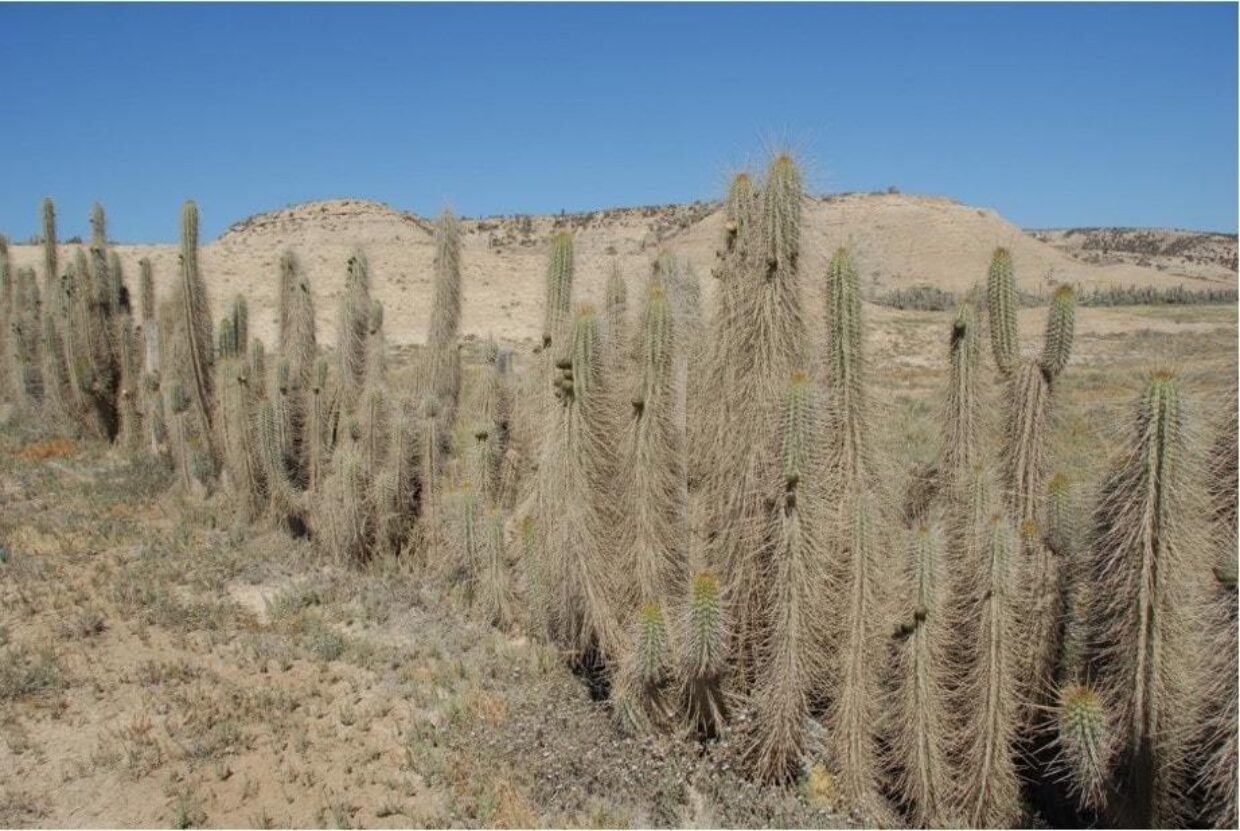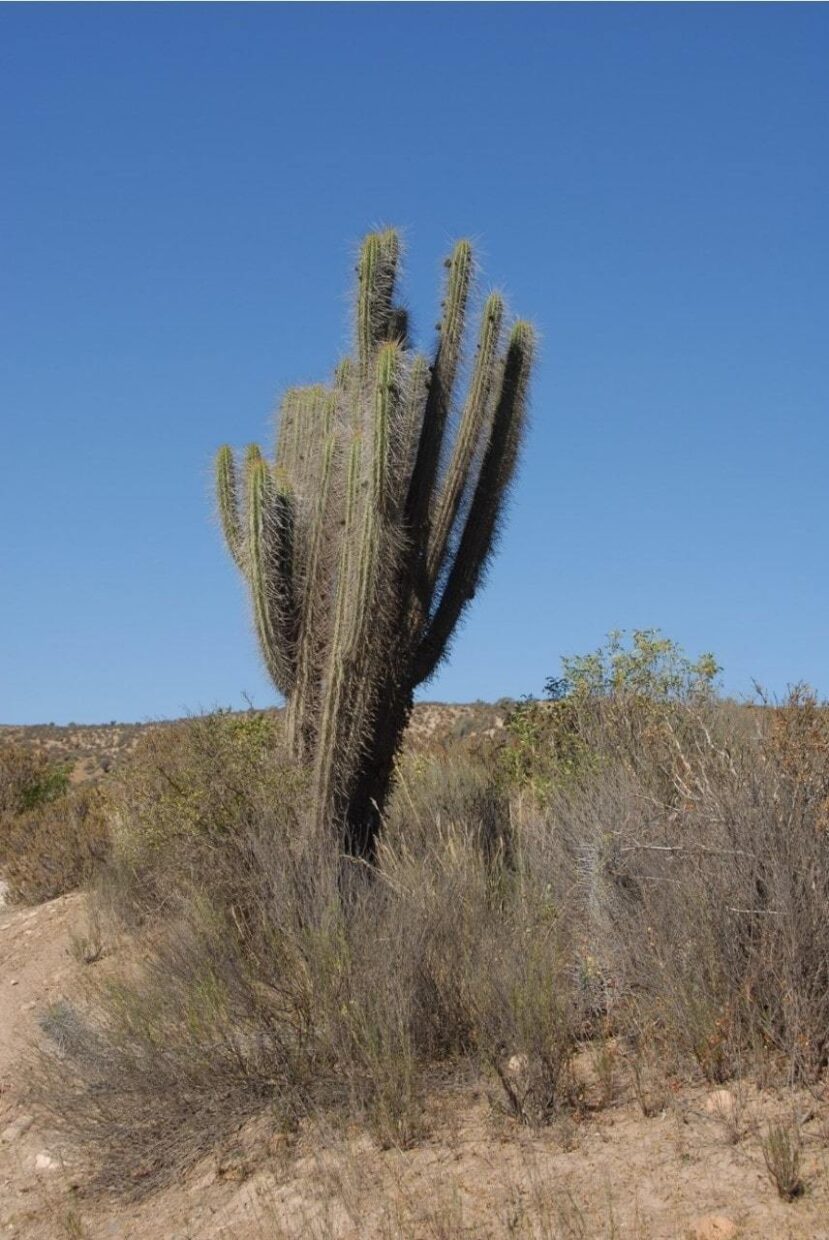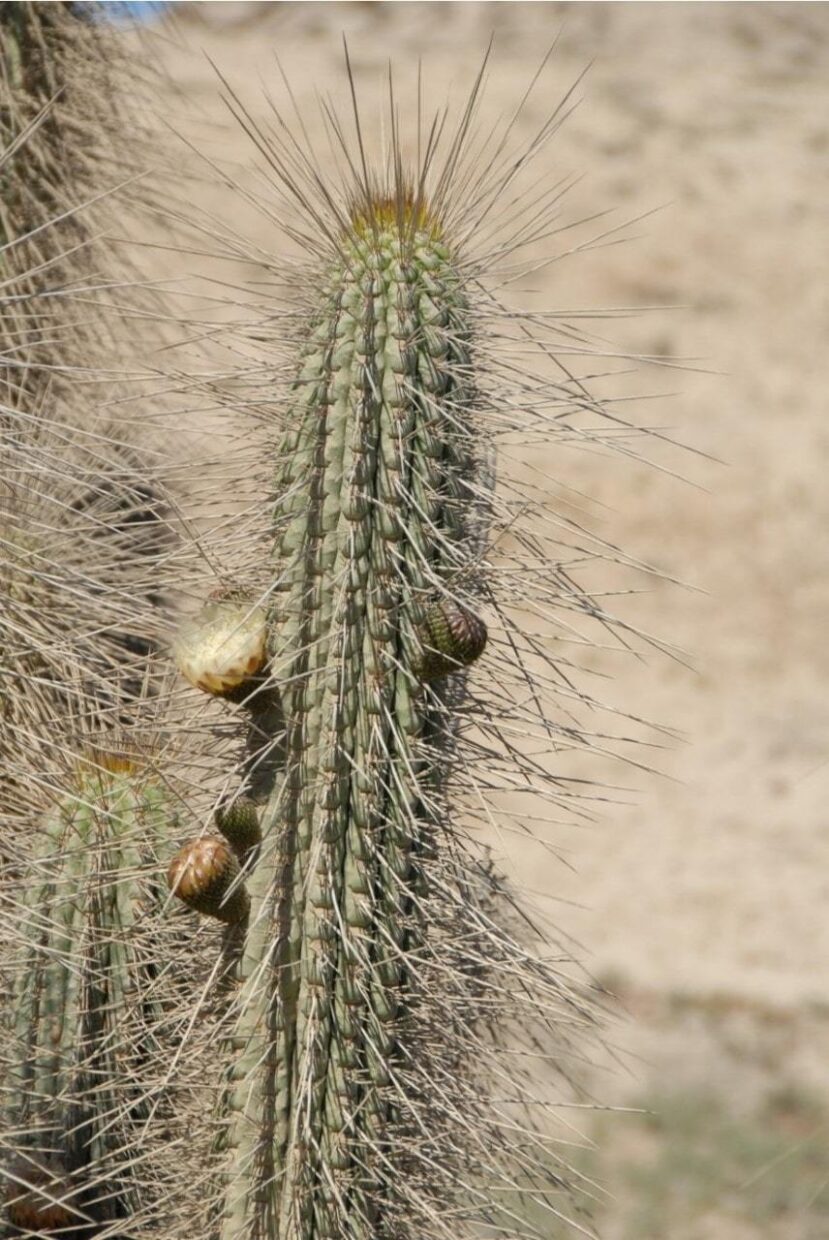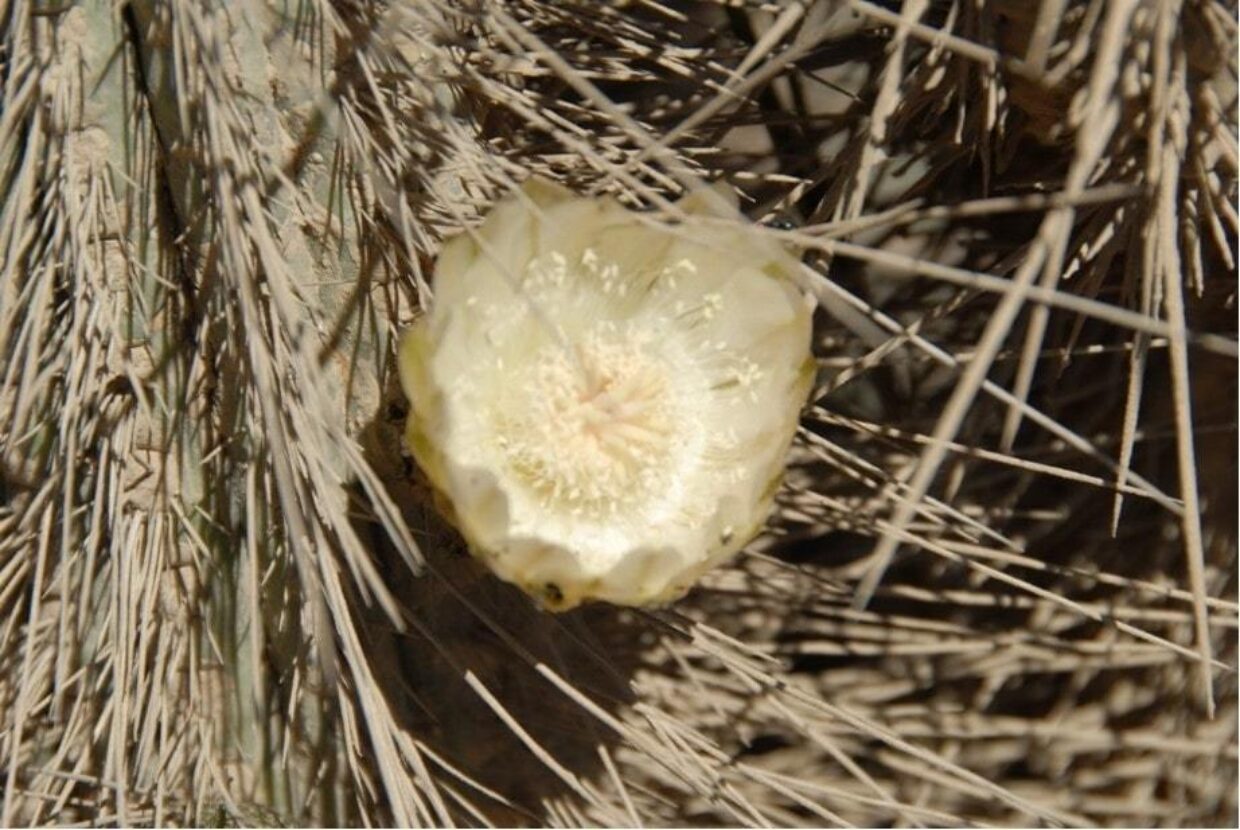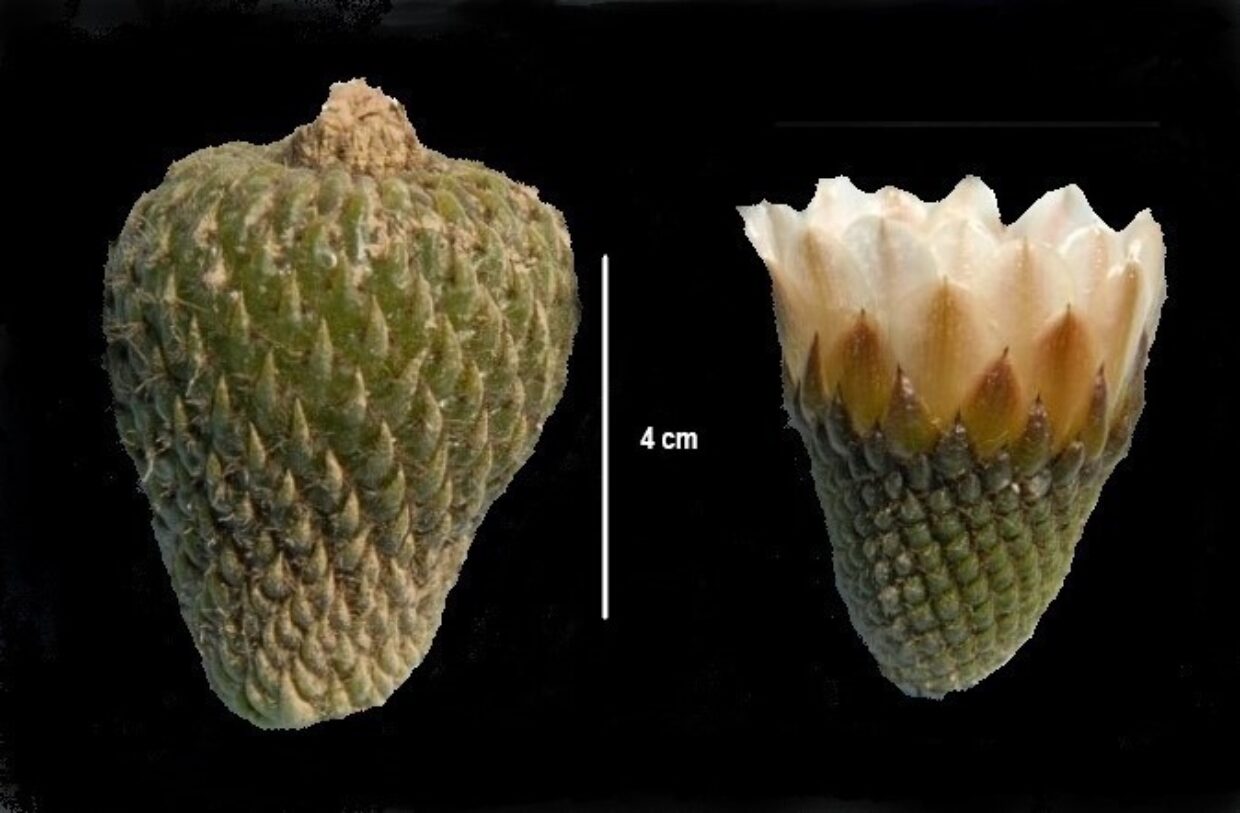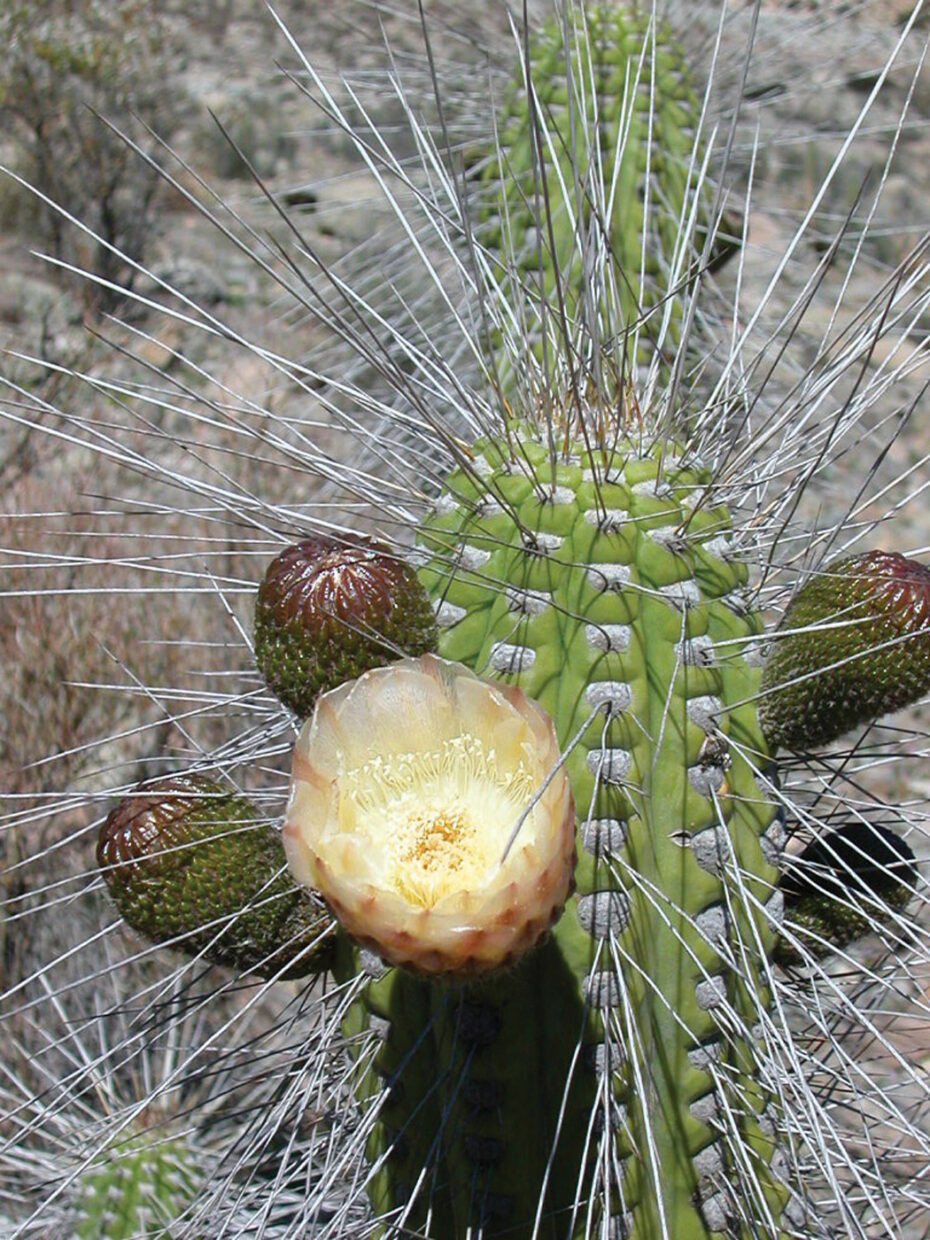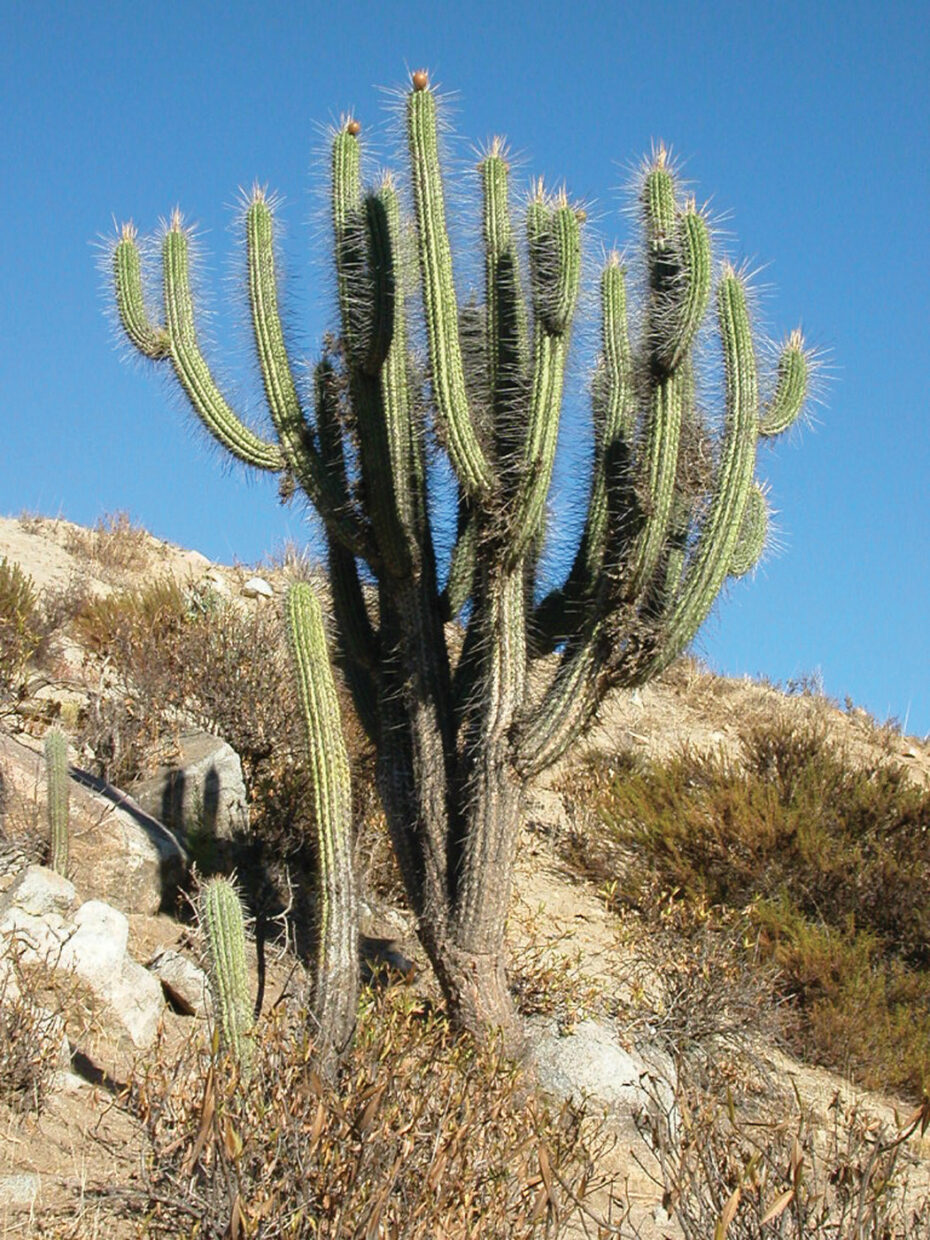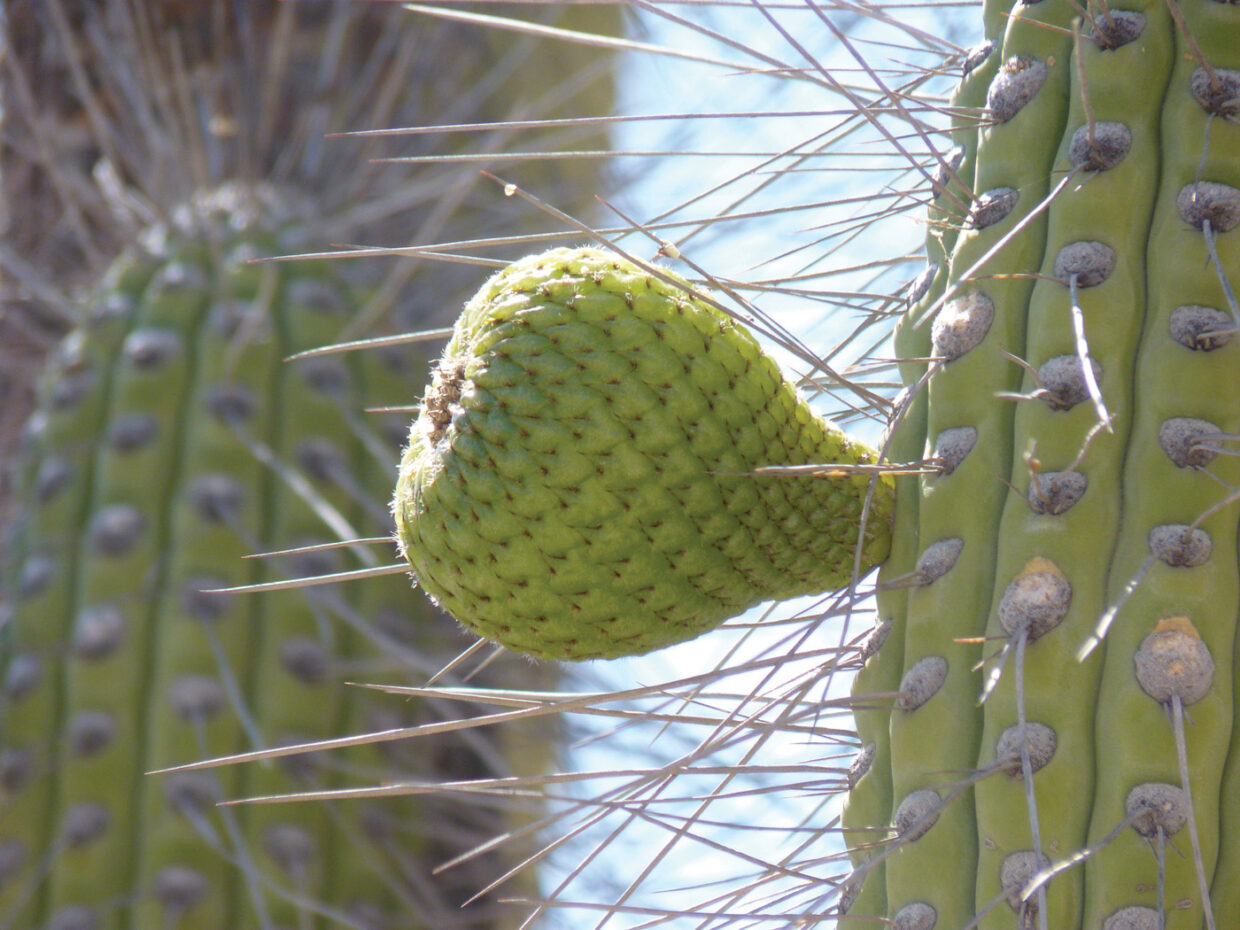Place of Publication
Linnaea 33(1-4): 80 (1864)
Synonyms
Common names
- copao (Hoffmann & Walter (2004))
- acido (Hoffmann & Walter (2004))
References
-
Philippi R.A. (1864a)
Philippi, R.A. 1864. Plantarum novarum Chilensium centuriae, includis quibusdam Mendociuis et Patagonicis. Linnaea 33(heft 1-4): 1-308
-
Hoffmann & Walter (2004)
Hoffmann J., A.E. and Walter M., H.E. 2004. Cactaceas en la Flora Silvestre de Chile, 2nd edition. Fundación Claudio Gay
Iconography
- Hoffmann & Walter (2004): Lam. 97
Regions
Habitat
Desert, Coastal desert and semidesert, Desert fog oases (Lomas), Mediterranean, Coastal matorral and Mountain matorral & sclerophyllous forest
Distribution and habitat
This species has a widespread distribution in coastal locations and inland along coastal valleys and on slopes of the Coastal Cordillera, from sea level to 1300 m. The southern limit occurs just south of Los Villos (Region Coquimbo) and its northern extremity is inland along the Rio Copiapó (Region Atacama). It grows in a wide range of habitats: coastal desert, scrub and sclerophyllous forest and is a component of the desert fog oasis. In the southern part of its range it often occurs with Leucostele chiloense and in common with this species it is parasitized by the conspicuously red flowered Tristerix aphyllus.
Conservation status
- Least Concern
Notes
Seed of this species is banked by the national seed bank of Chile, INIA.




